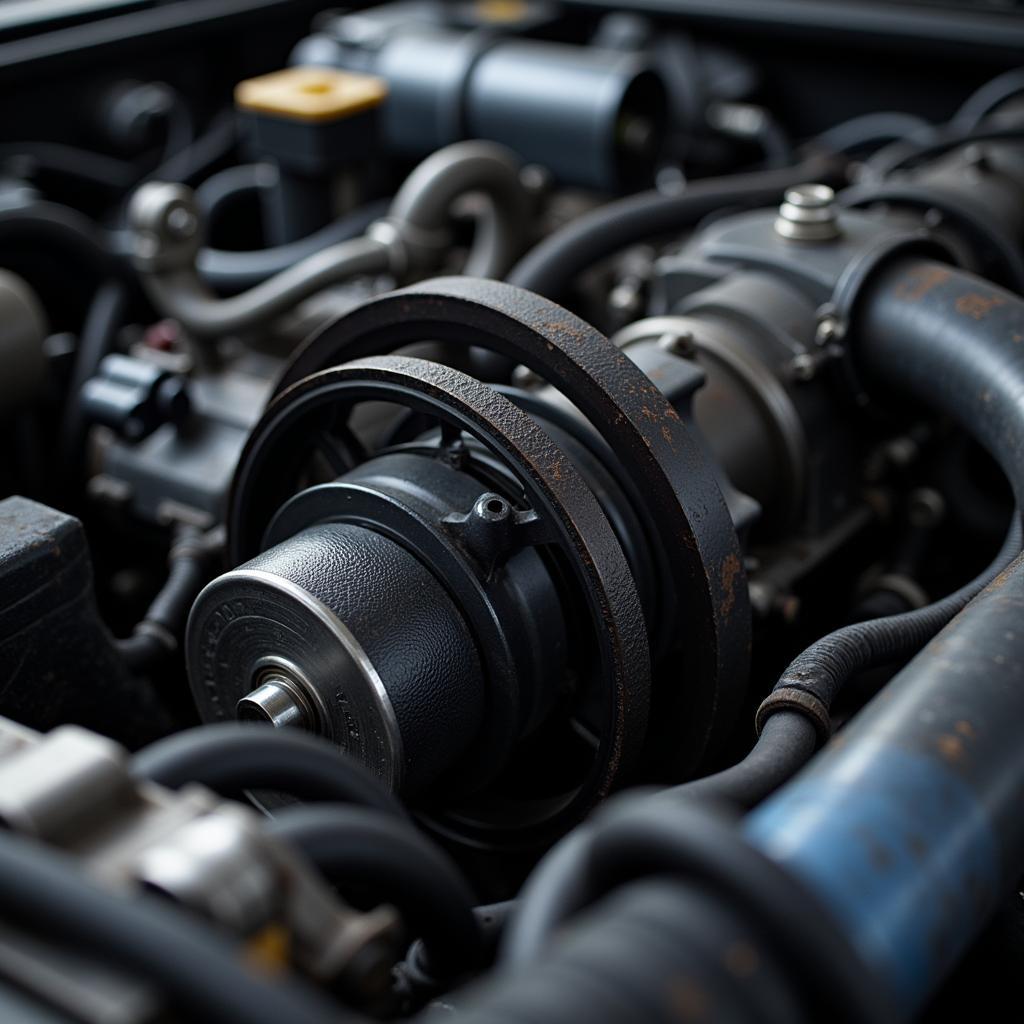Owning a car is a significant investment, and keeping it in top shape requires regular maintenance. Over time, maintenance costs can add up, so understanding how much you can expect to spend on car maintenance is crucial. This comprehensive guide will break down the various aspects of car maintenance and provide estimates for their costs, allowing you to budget effectively.
Understanding Car Maintenance Costs
Car maintenance costs vary depending on several factors, including:
- Vehicle make and model: Different vehicle brands and models have different maintenance requirements and parts costs.
- Mileage: Higher mileage vehicles generally require more frequent maintenance.
- Driving conditions: Frequent driving in harsh conditions (e.g., extreme temperatures, off-roading) can lead to faster wear and tear.
- Location: Labor costs and parts prices can vary by region.
Routine Maintenance Costs
Routine maintenance involves regular inspections, fluid changes, and minor repairs to keep your car running smoothly. Here’s a breakdown of common routine maintenance costs:
Oil Change
- Cost: $30 to $80 (depending on type of oil and labor costs)
- Frequency: Every 3,000 to 5,000 miles or as recommended by the manufacturer
“Regular oil changes are critical for engine health and performance. Replacing old oil with fresh oil helps prevent wear and tear and ensures proper lubrication for your engine components,” states John Smith, a certified automotive technician with over 15 years of experience.
Tire Rotation & Balancing
- Cost: $20 to $50
- Frequency: Every 5,000 to 7,500 miles
Rotating your tires helps ensure even wear and tear, extending their lifespan. Balancing tires minimizes vibration and improves handling.
Air Filter Replacement
- Cost: $10 to $30
- Frequency: Every 12,000 to 15,000 miles or as needed
A clogged air filter restricts airflow to the engine, impacting performance and fuel efficiency.
Brake Pad/Shoe Replacement
- Cost: $100 to $400 per axle
- Frequency: Every 25,000 to 50,000 miles or as needed
Worn brake pads can lead to reduced braking power and potential damage to your brake rotors.
Spark Plug Replacement
- Cost: $50 to $150 per set
- Frequency: Every 30,000 to 100,000 miles or as recommended by the manufacturer
Spark plugs ignite the air-fuel mixture in your engine, and worn spark plugs can cause misfires and reduced performance.
Major Maintenance Costs
Major maintenance items are typically performed less frequently than routine maintenance but can be more expensive. Here’s a look at some common major maintenance costs:
Timing Belt Replacement
- Cost: $400 to $1,000
- Frequency: Every 60,000 to 100,000 miles (depending on the type of timing belt)
The timing belt synchronizes the movement of the crankshaft and camshaft. Failure of the timing belt can cause significant engine damage.
 Close up of car engine timing belt
Close up of car engine timing belt
Transmission Fluid Flush
- Cost: $150 to $300
- Frequency: Every 30,000 to 50,000 miles or as recommended by the manufacturer
Replacing old transmission fluid with fresh fluid helps maintain smooth shifting and extends the lifespan of the transmission.
Coolant Flush
- Cost: $100 to $200
- Frequency: Every 30,000 to 50,000 miles or as recommended by the manufacturer
Coolant prevents your engine from overheating and should be replaced regularly to maintain its effectiveness.
Battery Replacement
- Cost: $100 to $250
- Frequency: Every 3 to 5 years or as needed
A weak battery can cause starting problems and other electrical issues.
Additional Costs to Consider
- Car washes & detailing: $10 to $50 per wash
- Windshield wiper replacement: $10 to $30 per pair
- Light bulb replacement: $5 to $20 per bulb
- Tire repairs: $20 to $100 per repair
- Bodywork & Paint: $100 to $1,000+ (depending on the extent of the damage)
“It’s important to factor in these additional costs when budgeting for car maintenance. Even small repairs can add up over time,” advises Michael Thompson, a veteran automotive mechanic.
Tips for Saving on Car Maintenance Costs
- Perform basic maintenance yourself: Tasks like oil changes and air filter replacements can be done at home, saving on labor costs.
- Use generic parts: While OEM (original equipment manufacturer) parts are preferred, generic parts can often be a more affordable option.
- Shop around for the best deals: Get quotes from multiple repair shops before making a decision.
- Follow a regular maintenance schedule: Staying on top of regular maintenance helps prevent more expensive repairs in the future.
- Drive conservatively: Avoid aggressive driving habits, such as hard acceleration and braking, which can lead to faster wear and tear.
Conclusion
Car maintenance costs can be significant, but by understanding the various aspects of maintenance and budgeting accordingly, you can keep your car in good condition without breaking the bank. Remember, regular maintenance can help prevent major repairs down the road and keep your car running safely and efficiently.
Contact us today for all your automotive needs!
Phone: +1 (641) 206-8880
Address: 500 N St Mary’s St, San Antonio, TX 78205, United States
FAQs
Q: How much does it cost to maintain a car per year?
A: The average annual cost of car maintenance can range from $500 to $1,000+, depending on the factors mentioned above.
Q: How often should I change my brake pads?
A: Brake pad replacement frequency varies by car model and driving habits, but it’s typically recommended every 25,000 to 50,000 miles.
Q: Is it cheaper to do car maintenance myself?
A: Yes, doing basic maintenance like oil changes and air filter replacements yourself can save you money on labor costs. However, it’s important to have the necessary tools and knowledge to avoid mistakes.
Q: Where can I find a reliable mechanic?
A: Ask for recommendations from friends and family, or check online reviews to find a reputable mechanic in your area.
Q: How can I make my car last longer?
A: Follow a regular maintenance schedule, drive conservatively, and use quality parts to help your car last longer.





Leave a Reply